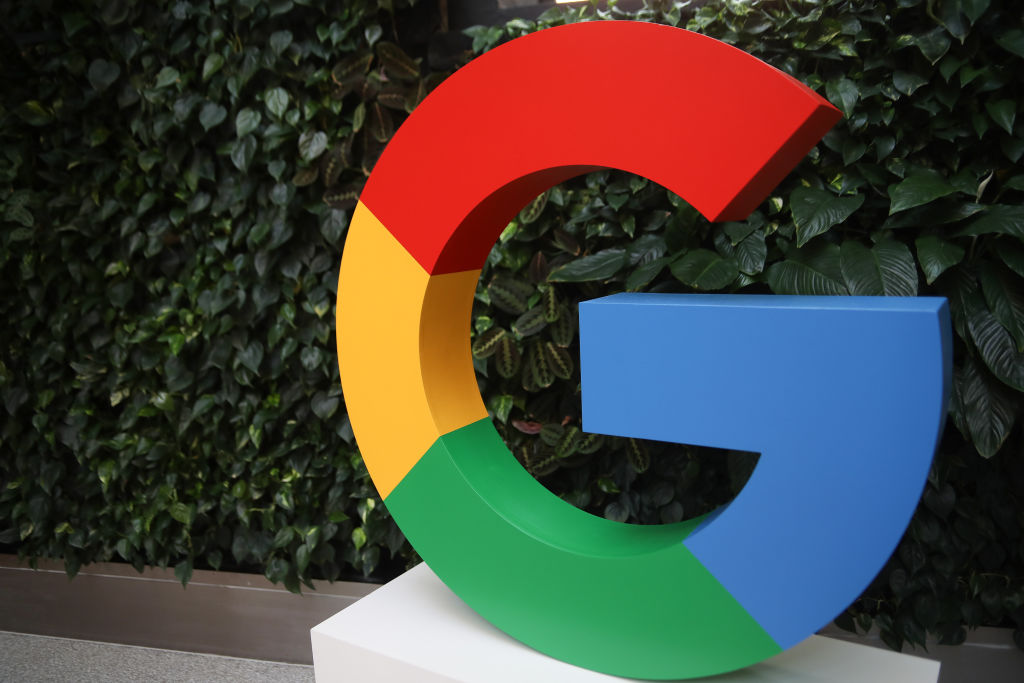Judge Orders Google to End Exclusive Search Deal Practices in Antitrust Case

Key Points
- Judge Amit P. Mehta issues tentative remedies in DOJ antitrust case against Google.
- Google must end exclusive deals that tie Search, Chrome, Google Assistant, or Gemini to other apps or revenue arrangements.
- The company is required to share search index and user‑interaction data with qualified competitors.
- Google must offer search and search‑ad syndication services at standard rates to rivals.
- No breakup of Google's search business is ordered, but behavioral changes are mandated.
- A technical committee will enforce the final judgment, which will last six years.
- The DOJ had sought stronger penalties, including divestiture of Chrome or Android.
- Apple’s stock rose after news that its agreement with Google could continue without exclusivity constraints.
- The ruling may affect a separate antitrust trial concerning Google’s ad‑tech business.
- Legal experts highlight the DOJ’s simultaneous antitrust battles against Google.
A federal judge has issued tentative remedies in the Department of Justice's antitrust lawsuit against Google, requiring the company to abandon exclusive agreements that tie its search services to other products. While Google will not be broken up, the order mandates data sharing with qualified competitors and the removal of conditions that link Search, Chrome, Google Assistant, or Gemini to app distribution or revenue arrangements. The ruling aims to prevent further anticompetitive behavior and will be refined in a final judgment due later this year.
Background of the Antitrust Trial
The United States Department of Justice has been pursuing an antitrust case against Google since 2020, alleging that the company illegally maintained a monopoly in online search. The case focuses on Google's practice of securing default search placements on devices and browsers through large payments to partners such as Apple, Samsung, and others.
Judge Mehta’s Tentative Remedies
U.S. District Court Judge Amit P. Mehta delivered a set of tentative remedies that do not require a breakup of Google’s search business but impose significant behavioral changes. The order bars Google from entering or maintaining exclusive deals that tie the distribution of Search, Chrome, Google Assistant, or Gemini to other apps or revenue arrangements. For example, Google may no longer condition Play Store licensing on the distribution of certain apps, nor tie revenue‑share payments to keeping particular apps installed.
In addition, Google must share certain search index and user‑interaction data with "qualified competitors" to prevent exclusionary behavior. The company is also required to offer search and search‑ad syndication services to competitors at standard rates, enabling rivals to deliver quality results while building their own technology.
Implementation and Next Steps
Judge Mehta has not issued a final judgment. Instead, he ordered Google and the DOJ to meet and confer, then submit a revised final judgment by a specified deadline. A technical committee will be established to help enforce the final judgment, which will last six years and take effect 60 days after entry.
The remedies come after Judge Mehta previously ruled that Google acted illegally to maintain its monopoly. The DOJ had advocated for stronger penalties, including the divestiture of Chrome or Android, and the termination of exclusive agreements that involve billions of dollars in payments to secure default search placements.
Industry Reactions
The order is expected to impact the lucrative agreements Google has with partners, especially Apple, which receives a substantial portion of Google's spending to retain default search status on Safari. Apple’s stock rose after-hours on news that its agreement with Google could continue without the exclusivity constraints.
Google has argued that the DOJ’s proposals would stifle innovation, jeopardize user privacy, and undermine its ability to invest in research and development. CEO Sundar Pichai described forced data‑sharing as a "de facto divestiture" for Google Search during earlier hearings.
Broader Implications
The judge referenced Europe’s Digital Markets Act as a possible reference point, noting that the U.S. remedies are narrower and temporary compared to the ongoing obligations imposed by the European regulation.
Judge Mehta’s decision may also influence a separate antitrust trial involving Google’s advertising technology business, where another judge found the company illegally monopolized ad‑tech markets. The remedies trial for that case is scheduled for later in the year.
Legal experts note that the DOJ now faces two parallel antitrust cases against Google, each with its own remedy process. The outcomes could shape the future of competition in both search and advertising sectors.